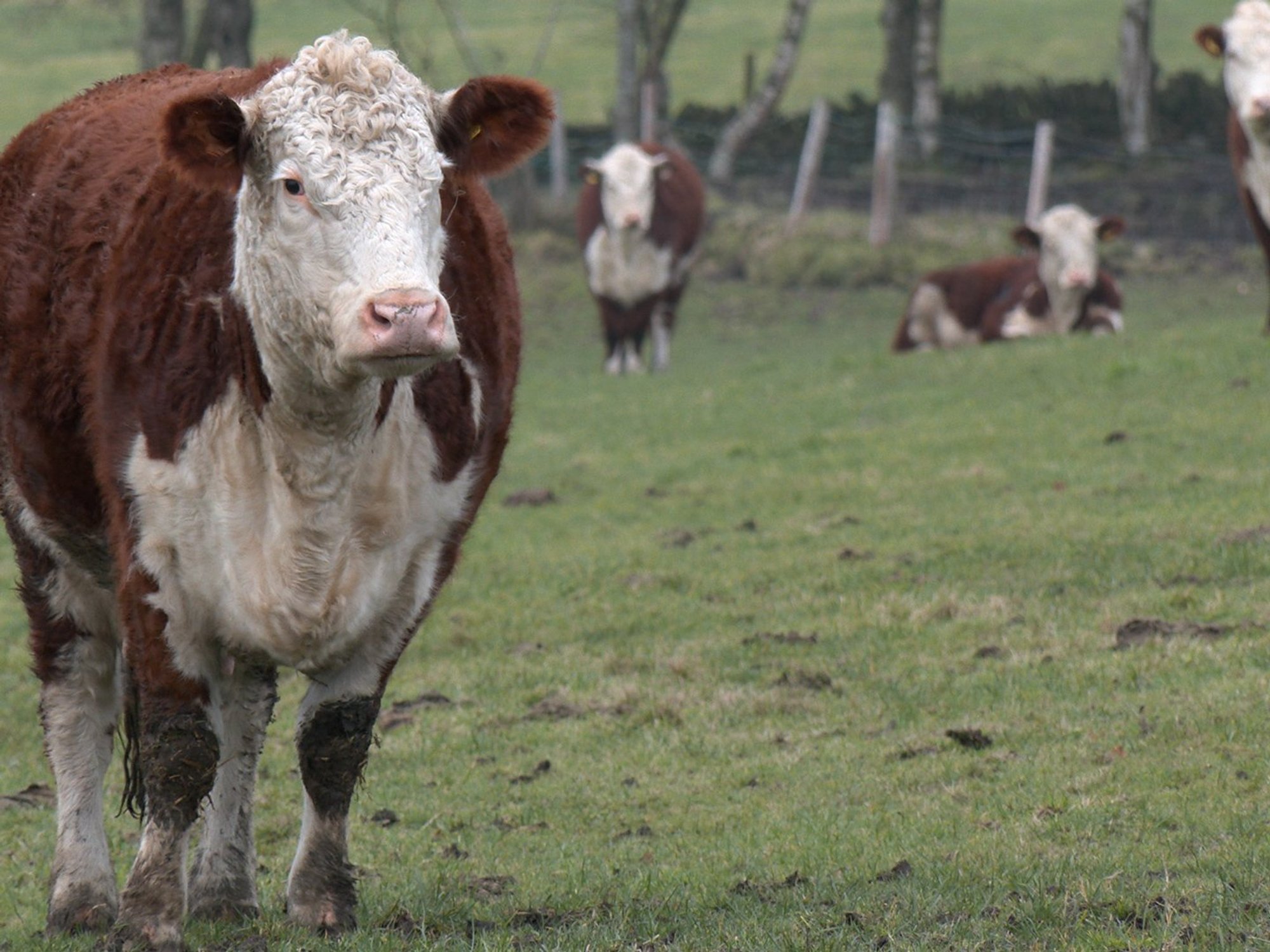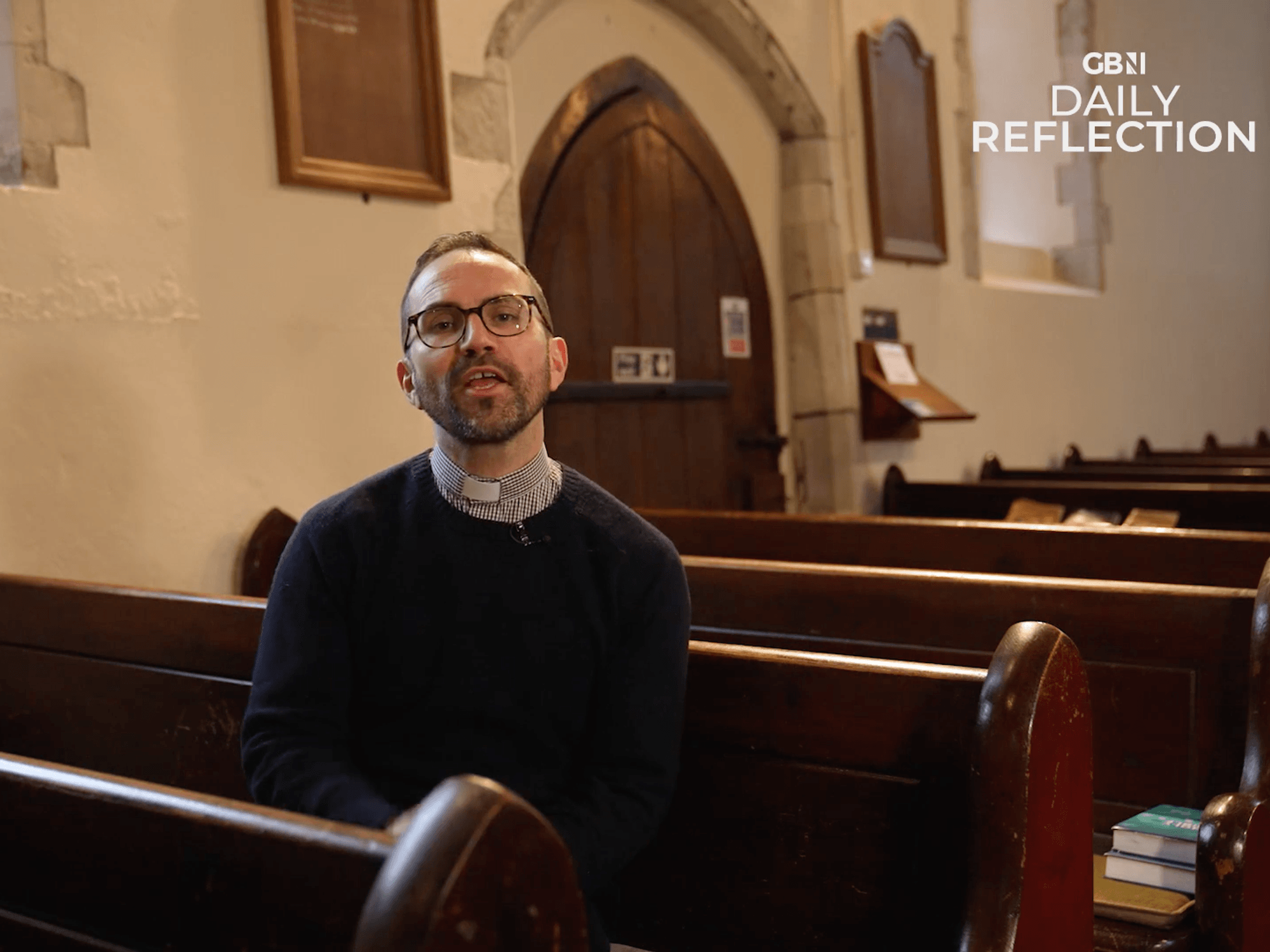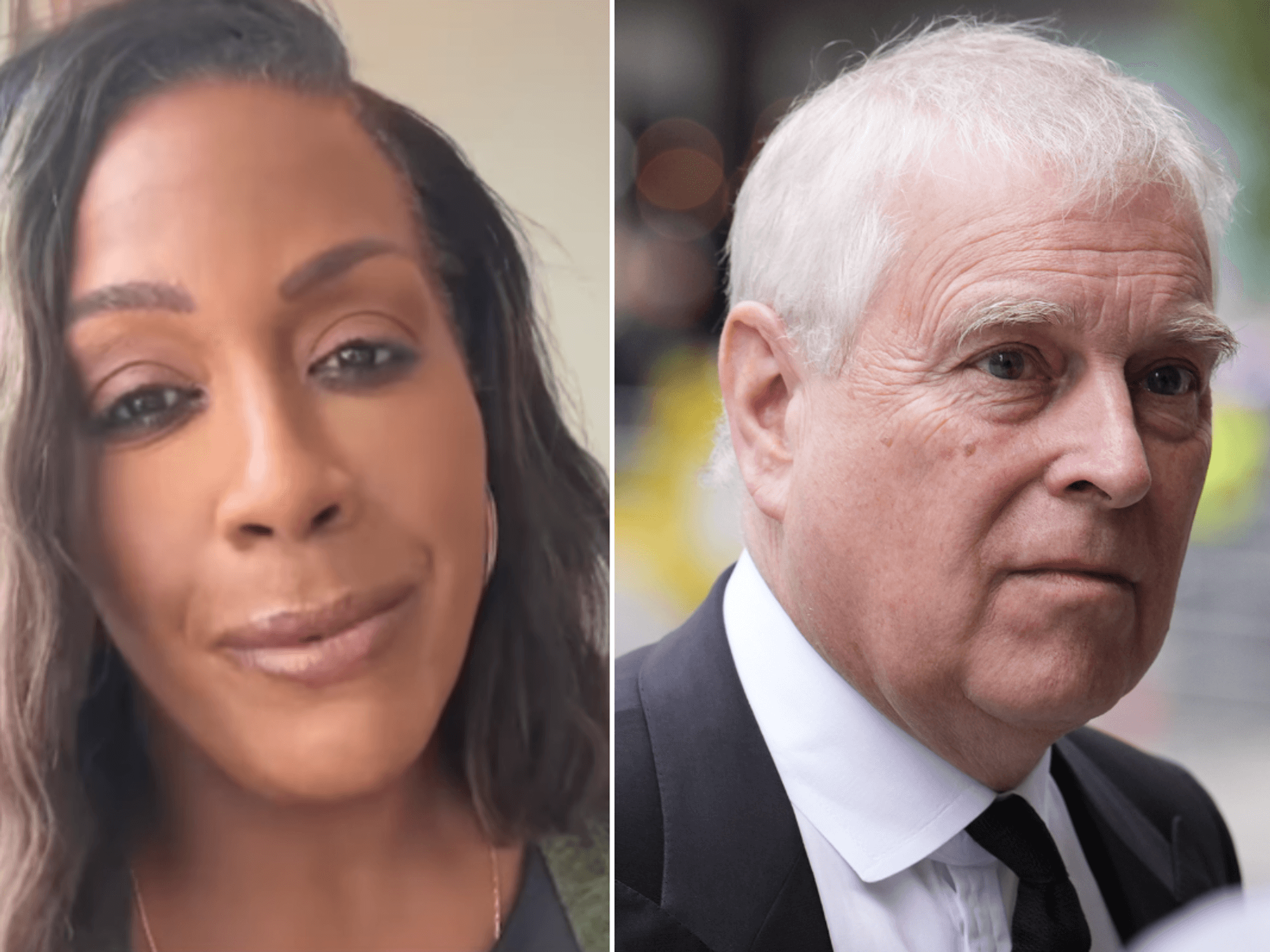Cooper clamps down on ‘rise of extremism’ by treating ‘extreme misogyny’ as terrorism
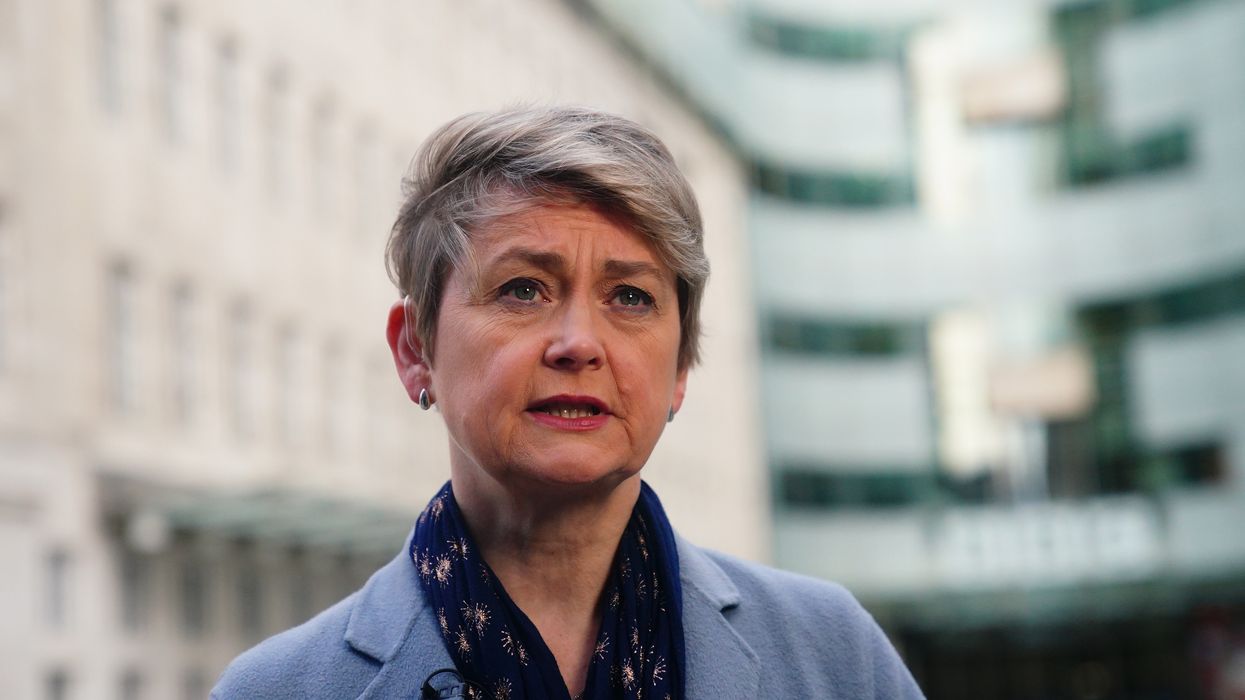
Yvette Cooper | PA

Current Home Office guidance is too narrow, Labour has claimed
Don't Miss
Most Read
Latest
Home Secretary Yvette Cooper has launched a clamp down on the “rise of extremism” by treating “extreme misogyny” as terrorism.
Cooper is launching a review of Britain’s counter-extremism strategy to address the gaps in the current stance.
It will look to address violence against women and girls in a way comparable to Islamist and far-right sentiments.
There have been growing concerns that current Home Office guidance is too narrow.
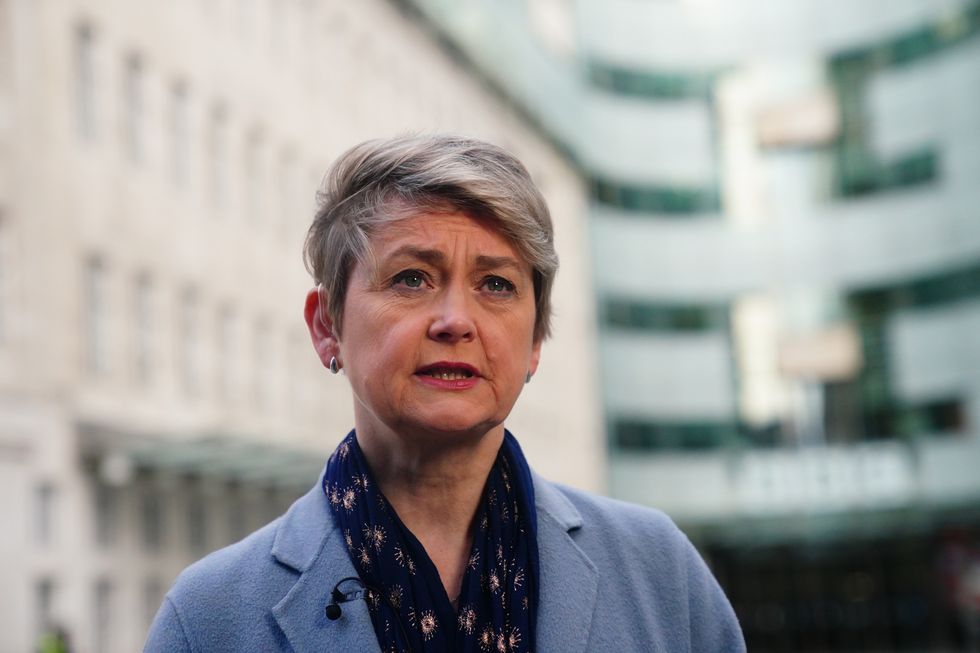 Yvette Cooper | PA
Yvette Cooper | PATeachers could be required to refer pupils to Prevent over extreme misogyny.
Cooper said: “For too long, Governments have failed to address the rise in extremism, both online and on our streets, and we’ve seen the number of young people radicalised online grow.
“Hateful incitement of all kinds fractures and frays the very fabric of our communities and our democracy.”
Cooper added: “Action against extremism has been badly hollowed out in recent years, just when it should have been needed most.
LATEST DEVELOPMENTS: Andrew Tate (L) and Tristan Tate (R) | GETTY
Andrew Tate (L) and Tristan Tate (R) | GETTY“That’s why I have directed the Home Office to conduct a rapid analytical sprint on extremism, to map and monitor extremist trends, to understand the evidence about what works to disrupt and divert people away from extremist views, and to identify any gaps in existing policy which need to be addressed to crack down on those pushing harmful and hateful beliefs and violence.
“That work will underpin a new strategic approach to countering extremism from Government, working closely with communities to build consensus and impetus for our plans.”
Teachers, healthcare professionals and local authority staff are already under a legal duty to make a referral to Prevent if they believe someone is susceptible to becoming radicalised.
Anyone who is referred to Prevent is assessed by their local authority and the police to see if they need to be deradicalised.
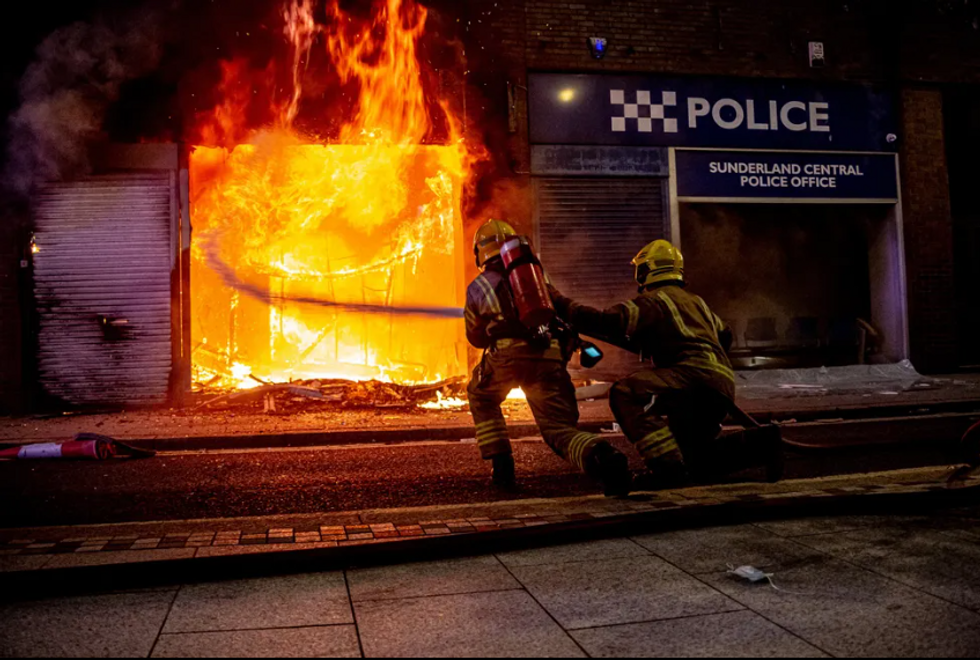 Riots broke out in the UK | Getty
Riots broke out in the UK | Getty Prevent received 6,817 referrals in 2022/23, with a plurality being classified as part of “vulnerability present but no ideology of counter-terrorism risk”.
Far-right extremism emerged in second on 19 per cent, with Islamist extremism sitting in third on 11 per cent.
Cooper’s development comes amid a rise in misogynistic influencers radicalising teenage boys online.
Self-proclaimed misogynist Andrew Tate, who is still awaiting trial after being accused of human trafficking, cultivated support from a shocking number of young boys.
YouGov’s survey from last year found 23 per cent of boys aged 13 to 15 saw Tate in a positive light.
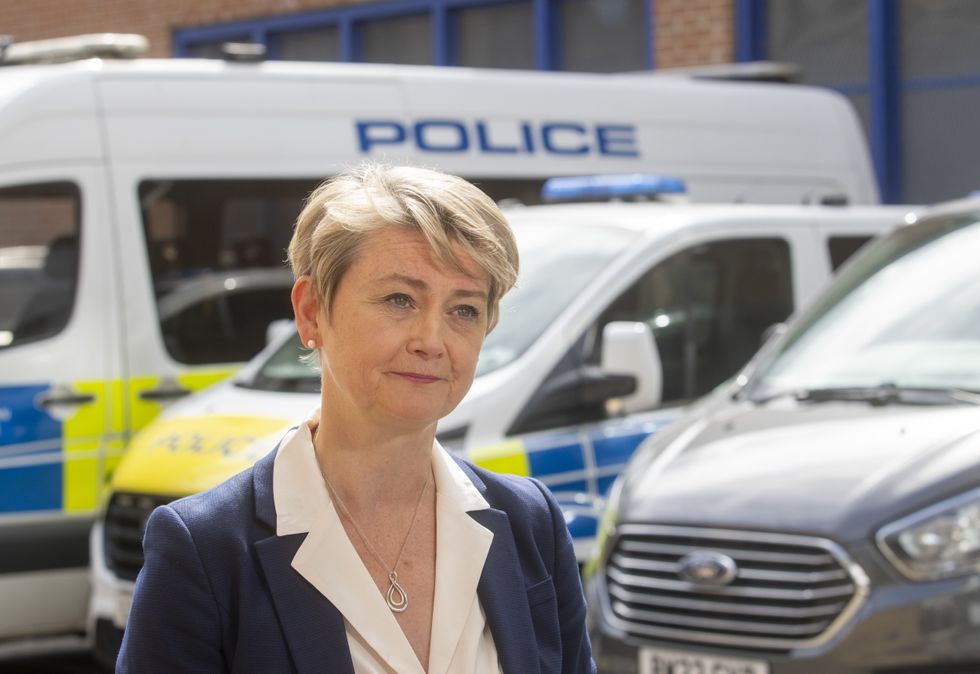 Home Secretary Yvette Cooper | PA
Home Secretary Yvette Cooper | PAHowever, the rise of “incel culture” also comes after 22-year-old Jake Davison carried out a mass shooting in Plymouth in 2021 which resulted in five people being killed.
There has also been a rise of young people involved in far-right extremism after more than 1,000 people were arrested during recent riots across England and Northern Ireland.
A 15-year-old boy was charged with rioting after participating in unrest in Sunderland on August 2.
Another teenager pleaded guilty earlier this week to participating in unrest after being seen outside a hotel housing asylum seekers in Manchester on July 31.
The 12-year-old boy was also spotted in Manchester city centre on August 3 wearing a balaclava and kicking the front window of a vape shop.






